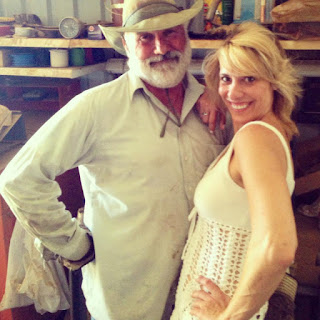Confessions of a Book Snob -- November -- On Atticus and Ducks
People always ask me what I’m reading. I usually enjoy answering, but recently I had to stammer. It was just too surreal to admit to Atticus Miller I was in the midst of being enthralled by “The Mockingbird Next Door: Life with Harper Lee” by Marja Mills. But he quickly confessed that “To Kill a Mockingbird” was one of his mother’s favorite books, and that he’d heard the podcast of Mills’ interview with Lee.

So off we went, talking Mockingbird and other favorite books the way most people dissect favorite TV shows.
Harper Lee’s novel still has that effect on most of us. Add that to the fact she never wrote another book, except to help Truman Capote redefine the true crime genre, and eventually withdrew from the press and the public, and you have a deep mystery that many hope is answered by Marja Mills’ recent release.
The book falls short of that, but I’m still glad I read it.
I learned a great deal about Lee and her family I didn’t know before, and for that reason alone the book was worthwhile, even though Mills’ writing was not compelling.
Perhaps my expectations were too high. But when reading a book about Harper Lee, one feels entitled to deep thoughts. Here, I just felt guilty for wondering why Mills spent so much time on ducks or “and then we” or “Nell laughed that laugh” or “Alice had that look on her face that meant” and so on. The minute humdrum did not fit the bill.
Don’t get me wrong. There are interesting stories in the book. Some of my favorites are about the friendship between Lee and Gregory Peck, stories on Lee’s father (the inspiration for Atticus Finch), stories on Truman Capote — even if I’m not sure that I believe all of them, and just a real sense of what kind of women Lee and her elder lawyer sister were. Also the
“One Book One City” program has my mind spinning with possibilities for Paris.
Still, I can’t help but wonder, if the Lee sisters truly encouraged this book, why did it take Mills so long to write it? Why wait to publish it until they were unable to respond? Does Mills protest too much that her own health problems slowed her down? Also, wasn’t it a bit too convenient the way the neighborhood move developed? On the other hand, if the book was not written by permission, wouldn’t it be more of an expose than a mundane memoir?
Perhaps that is the key, after all. The woman who cared so much about wild ducks was observant enough to have penned the quintessential story of the South, with all of our manners, crimes, injustices, villains and small town heroes. She did so at the moment it mattered, so that it caught the attention of our nation and still holds it. Perhaps we would do better to slow down and do the same.










Comments